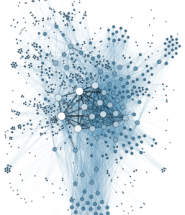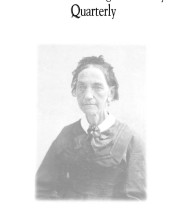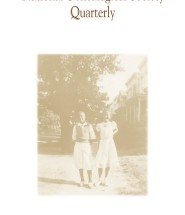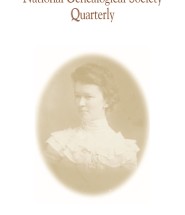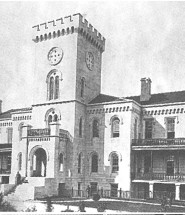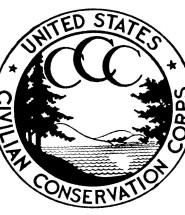Author Archive
12 Jul 2016
Visualizing Information for Analysis and Correlation
By Melissa Johnson On 12 July 2016 In Uncategorized
The first element of the Genealogical Proof Standard (GPS)—reasonably exhaustive research[1]—calls for digging into the circumstances of a research subject’s life, and identifying sources and strategies that may help provide an answer to a specific research question.
12 Jul 2016
CIA Records for Genealogical Research
By Melissa Johnson On 12 July 2016 In Uncategorized
The Central Intelligence Agency (CIA) is a United States civilian government agency tasked with gathering intelligence related to national security, and distributing that information to assist the government with policymaking. Established in 1947, the CIA was preceded
5 Jun 2016
Indirect Evidence to Identify an Ancestral Homeland
By Melissa Johnson On 5 June 2016 In Uncategorized
Identifying an immigrant ancestor’s origins is one of the most common quests among family historians. A variety of sources created during and after an immigrant ancestor’s lifetime often provide direct evidence of his or her birth location.
5 Jun 2016
Sources and Strategies for Discovering Immigrant Origins
By Melissa Johnson On 5 June 2016 In Uncategorized
To research the ancestral line of an immigrant, a reliable connection must be made between that person and his or her place of origin. Tracing immigrant ancestors involves examining a wide variety of sources, and sometimes requires implementing
16 May 2016
A Twentieth-Century Genealogical Resource: FBI Records
By Melissa Johnson On 16 May 2016 In Uncategorized
The Federal Bureau of Investigation (FBI) serves as the nation’s federal law enforcement agency, and as an intelligence, security, and investigative organization. Established in 1908 as the Bureau of Investigation, the agency was known as the United
16 May 2016
Assessing Reliability of Information
By Melissa Johnson On 16 May 2016 In Uncategorized
Assessing the reliability of information is a crucial and necessary step toward drawing genealogical conclusions. Researchers should never accept a piece of information as fact without first evaluating and analyzing it. This holds true for instances in
11 Apr 2016
Methodology for Elusive Female Ancestors
By Melissa Johnson On 11 April 2016 In Uncategorized
Tracing female ancestors can be one of the most difficult challenges for genealogists. Historically, women had fewer legal rights than the men in their lives. As a result, they were often hidden behind the identities of those
11 Apr 2016
Soldiers’ Home Records: A Valuable Military Resource
By Melissa Johnson On 11 April 2016 In Uncategorized
Genealogists with military ancestors are faced with the tasks of researching and understanding a variety of complicated records—pension files, regimental histories, service records, payment ledgers, war diaries, and other sources. Soldiers’ home records are another valuable military
14 Mar 2016
Using Indirect Evidence To Solve Genealogical Problems
By Melissa Johnson On 14 March 2016 In Uncategorized
When we are faced with challenging research problems, the ability to work with indirect evidence can be a valuable problem-solving skill. Indirect evidence is information that we analyze in the context of our research question and interpret
14 Mar 2016
Records of the Works Progress Administration and Civilian Conservation Corps
By Melissa Johnson On 14 March 2016 In Uncategorized
In response to the Great Depression, Franklin D. Roosevelt introduced the New Deal, a series of domestic programs focused on relief for the poor and unemployed, economic recovery, and reformation of the nation’s financial system. Two of
